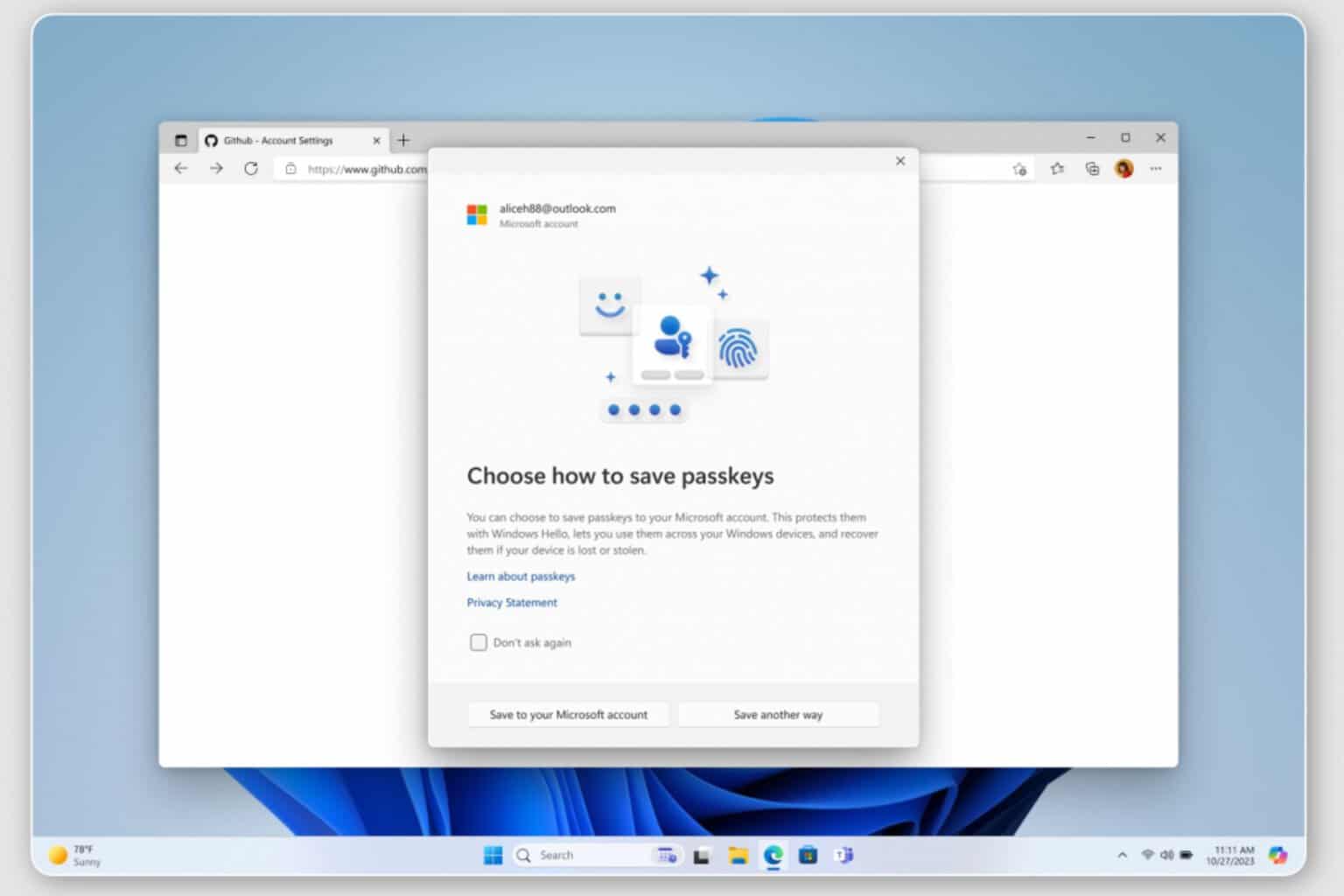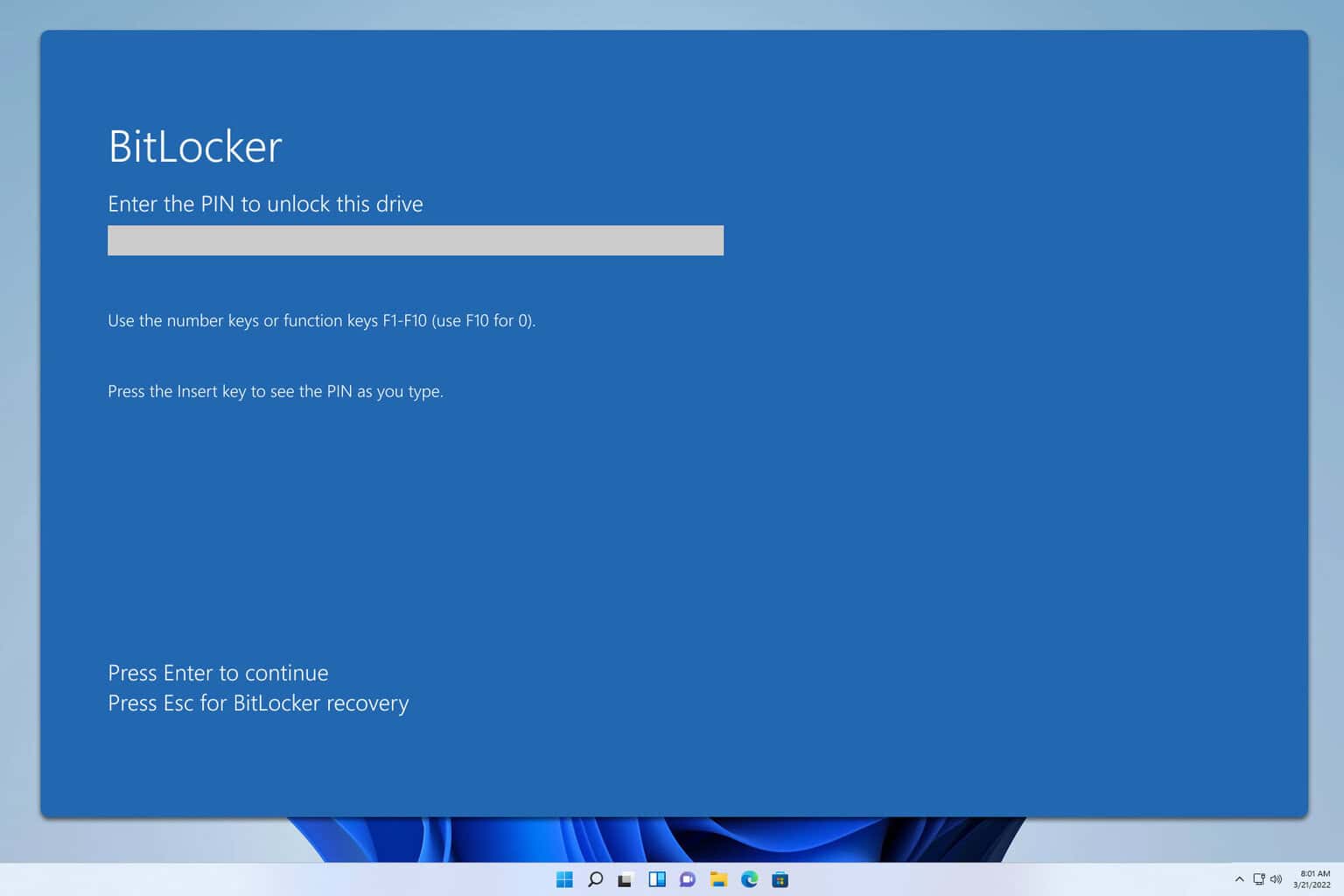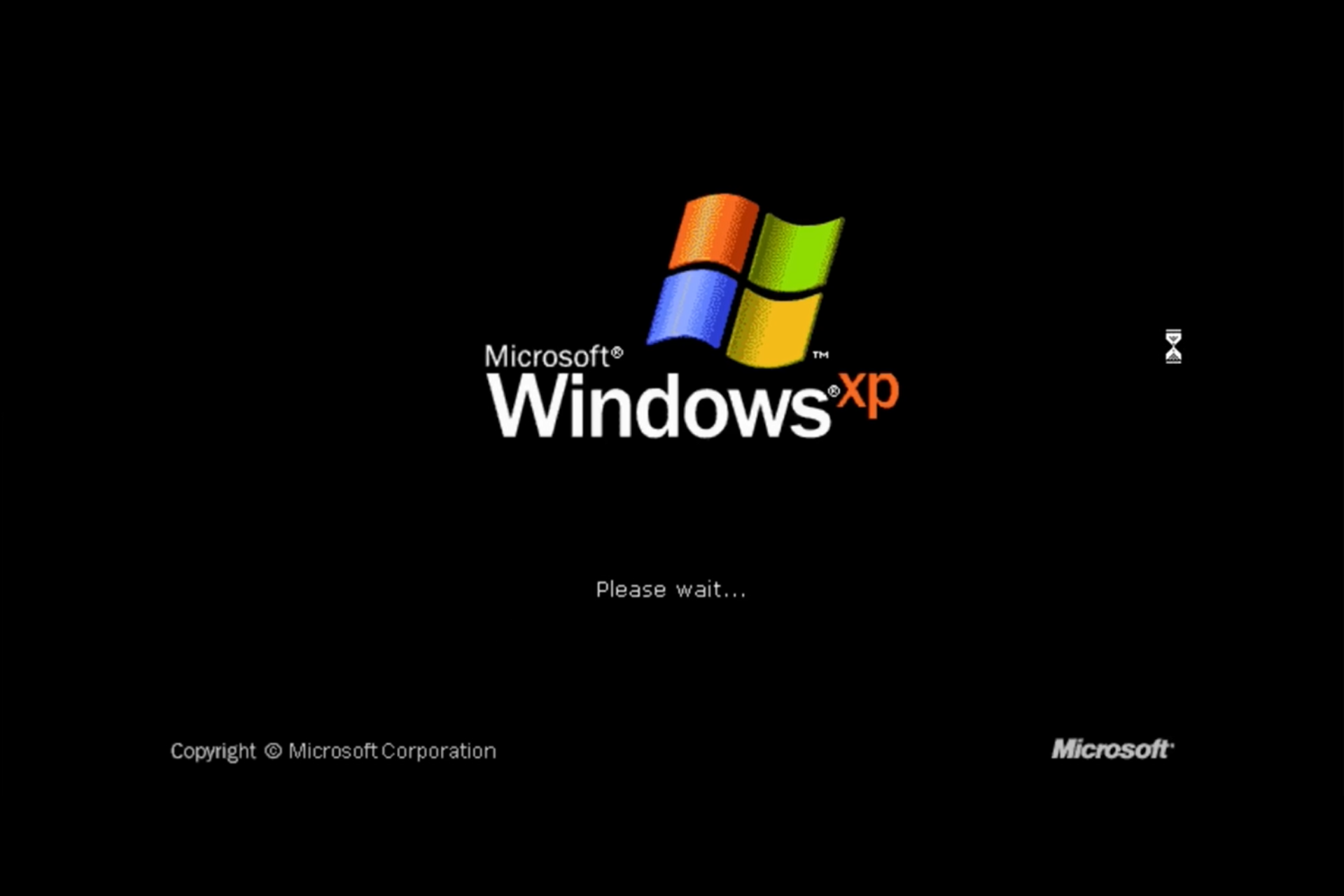Framework Laptop 13 will be enhanced with RISC-V architecture, a viable ARM alternative
The Framework Laptop 13 was also recently enhanced with AI.
3 min. read
Published on
Read our disclosure page to find out how can you help Windows Report sustain the editorial team. Read more

Think about a future where the heart of your laptop is not dependent on Intel or AMD, the usual power players. Now, we have RISC-V, an open-source architecture that is changing things significantly.
The Framework Laptop 13 may soon be one of the first laptops to adopt this innovation. This action is not only for diversification; it’s a courageous move towards the forthcoming period when technology becomes available and adaptable.
Framework, a company recognized for its modular laptops, has joined forces with DeepComputing to construct a RISC-V mainboard that can fit into the Framework Laptop 13. This partnership is an achievement in technology and conveys something significant.
The fresh mainboard, named “DC-ROMA RISC-V Modular Mini Mainboard,” shows the Framework’s dedication to exploring new limits. However, in consumer laptops, this is still the beginning of RISC-V. The performance may not be comparable to that of Intel and AMD’s veterans, but its potential is not denied.
It serves as a testing ground for developers, experimenters, and enthusiasts who are eager to explore RISC-V’s capabilities.
Now, you may be saying, “But it works?” Well, we must reduce our hopes. A Raspberry Pi 4 could possibly be faster than this project’s main component, a quad-core 1.5GHz RISC-V chip.
Nonetheless, it’s not merely about brute force. It’s also about testing, the fun of messing around with an open-source framework that might potentially compete against the heavyweights in the future.
The Framework Laptop 13 is a device and represents what it can be. Its fingerprint reader now has a RISC-V chip, which suggests that there are more possibilities. As for when you could acquire this revolutionary mainboard, the answer is you have to wait. It’s still in the early stages of development, but the buzz is building.
In the software field, Framework and DeepComputing do not work alone. They team up with Canonical and Red Hat to ensure strong Linux support on this RISC-V mainboard, using Ubuntu and Fedora.
This partnership highlights the dedication of tech community in backing different architectures. It adds more attractiveness for people who want to explore into RISC-V world with Framework Laptop 13.
So, what does this mean for you? If you are a tech lover, a developer, or simply someone very interested in the future of computing, then the Framework Laptop 13’s adventure with RISC-V can be an interesting development to follow.
It shows us a preview of what might come ahead: devices with as open and changeable chips as the software running inside them. RISC-V’s journey into the consumer space is just starting, and it’s thrilling to be part of this.








User forum
0 messages